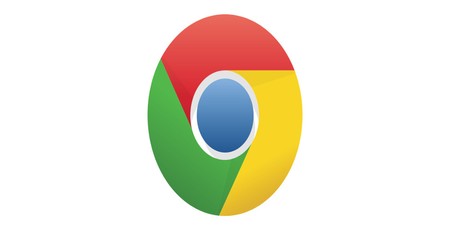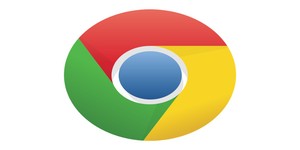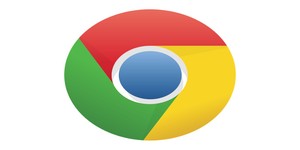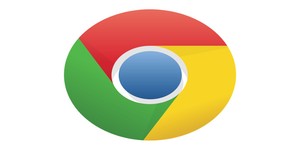
Google's Chrome web browser, built on the open-source Chromium, has turned 10 this week, and while its latest release includes a redesign and several new features the company has a bigger vision in mind: Redefining the uniform resource locator (URL).
Launched back in 2008, Google's Chrome has - undeniably aided by its status as the default browser for the company's Android mobile platform - risen to become the most popular web browser in the world. Since its somewhat spartan first release, the software has underpinnined an entire Linux-based operating system, tied together physical and virtual worlds, added virtual reality support, blocked Adobe Flash by default, integrated ad-blocking functionality, and begun to mark unencrypted website links as insecure.
To celebrate its 10th birthday, Google's Chrome team has launched a new version of the browser with various tweaks - including a new look. 'Our newest update includes a refreshed design that lets you navigate the web faster, and a completely revamped password manager and updated autofill so you can get things done more easily and securely,' explains Google's Rahul Roy-Chowdhury, vice president for Chrome and Chrome OS. 'And Chrome's search box (the "Omnibox") gives you more information directly as you type, saving you even more time.'
Roy-Chowdhury has also teased his division's future focus. 'Already, we're working on integrating augmented reality (AR) into Chrome to bring information that you interact with across the web and put directly into your physical environment,' he explains. 'Say you’re shopping for a couch online and want to see how it would look in your living room. With the power of AR and Chrome, you’d be able to place a virtual rendition of a couch in your living room, right from your smartphone.
'In addition to making your browsing experience richer, we also want to make it smarter using AI. We’ve seen how AI can make other Google products more useful - from email that’s spam-free to a digital assistant you can speak to naturally. Chrome is no different. With a smarter Chrome, you will be able to do more than just look at a webpage. Imagine searching on Chrome for a singer you just heard, and having Chrome show you not just their bio, but also their upcoming concert near you and where to purchase tickets. With AI, Chrome will also better understand what you’re trying to get done, and help you do so faster. Vacation planning typically requires juggling multiple tabs and open documents. But as Chrome evolves to better understand what tasks you’re trying to get done, it can help manage all this complexity for you as you switch back and forth between hotel research and booking flights.'
The team's vision, though, goes deeper - deep enough, in fact, to consider killing off the mainstay of the web, the uniform resource locater (URL) address format. Speaking to Wired, Chrome engineering manager Adrienne Porter Felt, described today's URLs as 'hard to read, it's hard to know which part of them is supposed to be trusted, and in general I don't think URLs are working as a good way to convey site identity.'
The team is currently, Wired reports, focused on identifying the ways people currently use URLs in order to develop an alternative method of addressing pages and sites which will both enhance security and add convenience - though, being described by engineering director Parisa Tabriz as 'an active discussion' at the company, it's unlikely that a URL replacement will be arriving in the immediate future.

MSI MPG Velox 100R Chassis Review
October 14 2021 | 15:04








Want to comment? Please log in.